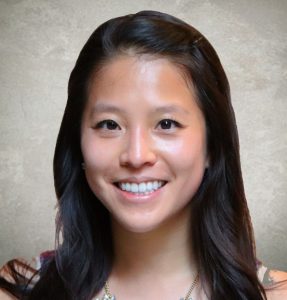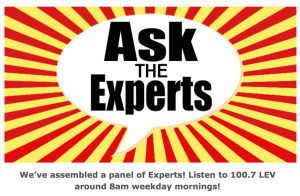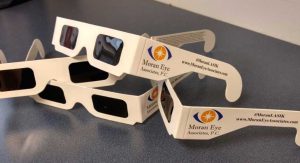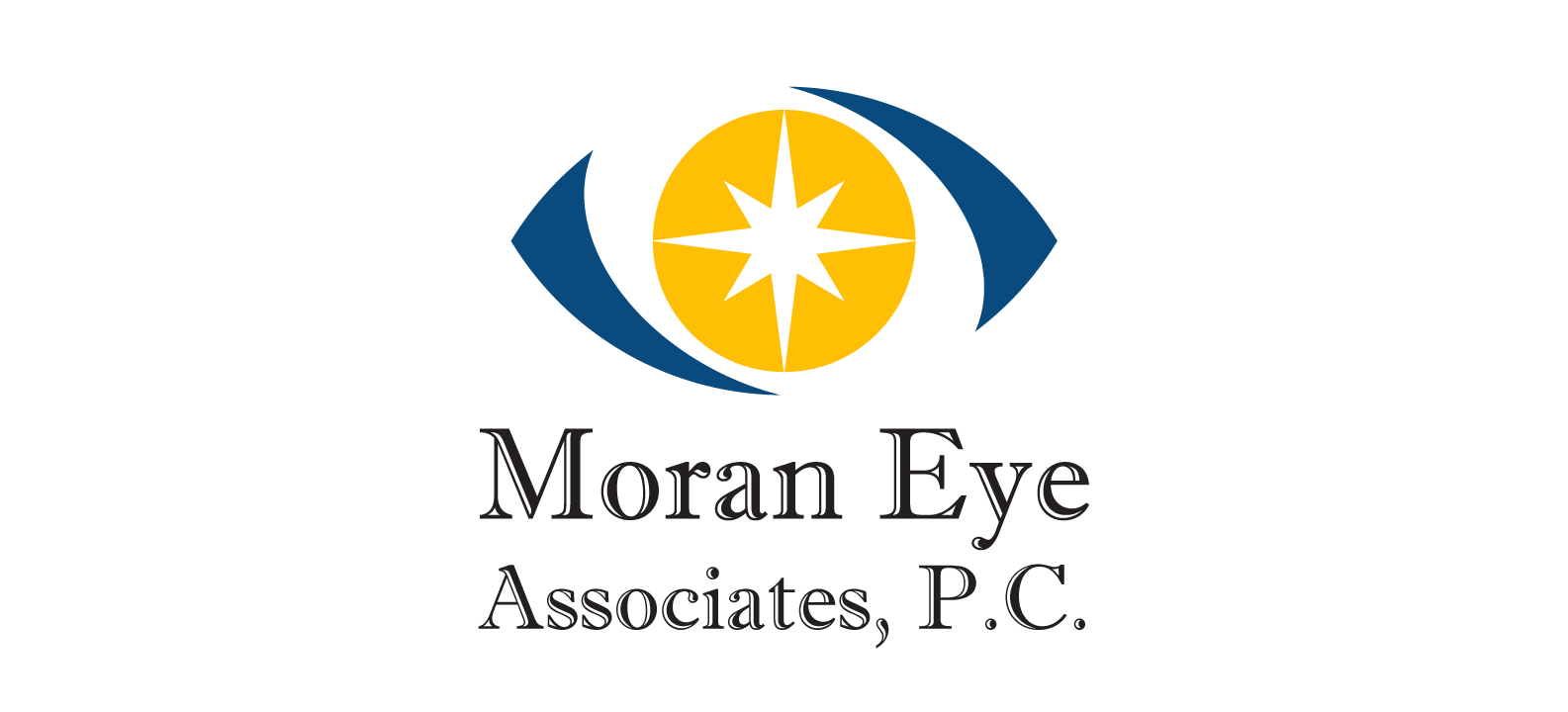by Dr. M | Mar 12, 2018 | Education, Exam, Eye Protection, Glasses, Medical Eye Care, Patient Care, Procedure

Dr. Tang is a Low-Vision Expert.
Bianca Tang, O.D. Joins Moran Eye Associates
Dr. Mark Moran is pleased to announce the addition of Bianca Tang, O.D. to the staff of Moran Eye Associates, P.C. Dr. Tang, a native of the Lehigh Valley, joined the practice on March 1, 2018.
“Since we opened Moran Eye Associates in April of 2017, we have experienced steady growth,” Dr. Moran explains. “We’ve seen the need for additional services for low-vision patients. When I met Dr. Tang, it was clear that she shared our vision of providing excellent service and care to our patients. Dr. Tangs’s impressive resume and work experience made her the right choice for this practice.”
Dr. Tang is a Summa cum laude graduate of Pennsylvania College of Optometry at Salus University. She earned her undergraduate degree, also Summa cum laude, in Biological Sciences and Health Professions at Penn State University. She was part of the Schreyer Honors College and was Phi Beta Kappa there.
Her clinical experience includes working with patients with low vision, prescribing low vision devices and rehabilitation techniques. She was part of a team of occupational therapists and social workers providing device training, orientation and mobility training, as well as daily living services at The Eye Institute in Philadelphia. While working there, she developed a special interest in working with visually impaired children with special needs. She interned at the VA Medical Center in New Jersey, and Albert Einstein Medical Center in Philadelphia.
“I am thrilled to be joining the talented team led by Dr. Moran. I look forward to caring for the eye health of the community where I grew up. I am excited to bring my passions for low vision and medical optometry close to home.”
At Moran Eye Associates, Dr. Tang will focus on low-vision patients, as well as specialty lens fittings for contact lens patients. She looks forward to working with pediatric patients as well.
To schedule an appointment with Dr. Tang, please call or text our office at 610-628-2022. To learn more about the care and services offered at our office in Bethlehem, visit our website at www.MoranEyeAssociates.com
by Dr. M | Aug 23, 2017 | Cataracts, Exam, Experience, Eye Protection, Eye Safety, Glaucoma, LASIK, Macula, Medical Eye Care, Patient Care, Sun Damage, Surgery, Uncategorized

Ask the expert!
 …or as we like to call it, ask our expert, “ASK DR. MORAN”!
…or as we like to call it, ask our expert, “ASK DR. MORAN”!
Dr. Mark Moran will be featured on 100.7 WLEV’s Morning Show with Selena & Crockett each Thursday on 100.7 WLEV. He is the medical expert on the panel of Lehigh Valley professionals.
Dr. Moran was selected to be a part of “Ask the Experts,” a drive-time feature aired between 8-8:15 am weekdays. Dr. Moran will provide medical expertise on the Thursday edition of this program. He will answer questions about keeping your eyes healthy and getting the most from your vision. The Morning Show’s Kevin Crockett will ask Dr. Moran questions sent in by morning show listeners.
Our expert will answer questions about: 
- LASIK Surgery
- Dry Eyes
- Screen Time Solutions
- Your Risk factors for Eye Diseases
- Your Eyes as You Get Older – Cataracts
Patient education has always been a priority at Moran Eye Associates because Dr. Moran knows that an informed patient makes the best healthcare decisions. We invite you to listen in every Thursday for great advice on eye care.
Have a question?
If you have a question for Dr. Moran, you can send a message to the Morning Show, or email us directly with your question. Of course, we will reply to the emails sent to [email protected]. We will also pass along your inquiry to WLEV, where Crockett might read it on the air!
Mark your calendars, and be sure to listen in to Ask the Experts with Dr. Mark Moran Thursdays at 8 am!
by Dr. M | Aug 15, 2017 | Eye Protection, Eye Safety, Macula, Medical Eye Care, Patient Care, Sun Damage, UV Rays
Protect your eyes with complimentary #SolarEclipse glasses, courtesy of Dr. Mark Moran.

Solar Eclipse Glasses
Stop in at Moran Eye Associates, 1204 Delaware Avenue, Fountain Hill to pick up your pair!* Our office is open 8am-4pm, Monday-Thursday.
Post pictures of yourself in your protective specs with the hashtag #MoranLASIK. We’d love to see photos of you keeping it safe during the eclipse!
For more information on eye safety during the eclipse, click here to read an article written by Dr. Moran “Why you shouldn’t look at a Solar Eclipse”
*Limit 2 per person.
by Dr. M | Jul 23, 2017 | Eye Protection, Eye Safety, Macula, Medical Eye Care, Patient Care, UV Rays
On August 21st, 2017 the United States will see its first solar eclipse since 1979.
This eclipse will be visible to all of the continental United States, unlike the 1979 event which was seen by residents in only five northwestern states. The visible path of the 2017 eclipse will span the country.
A solar eclipse is when the new moon comes between the earth and the sun. Where you are on earth determines how much of the sun is blocked by the moon. The 2017 eclipse will have almost 3 minutes of totality (when the sun is completely blocked by the moon) and the best location to see this, is Hopkinsville, KY. At totality, the only thing that will be visible is the sun’s corona and it will be dark enough to see stars during the day. Only a small strip of the United States will experience totality as the eclipse passes overhead.
You’ve probably heard you that shouldn’t look at the sun during an eclipse. This information is true, except only at totality. If you’re in a region with 100% coverage and the moon has fully covered the sun, it is ok to look ONLY at that time. Misjudging the timing could be blinding. Since most of the United States will not be able to view the eclipse at totality, as a general rule, it is best to not look directly at the eclipse.
Most of have inadvertently glanced at the sun. We quickly close our eyes, turn away or shield our eyes. That’s your body’s natural defense to the BRIGHTNESS. But the brightness is only part of the harmful effect. The sun is essentially a thermonuclear explosion, or atom bomb, constantly exploding. This reaction is emitting harmful ultraviolet light (UV).
If you were to look at the sun at any time, your cornea will unwittingly do its job and focus that UV light right in the center of your macula. While the sun is partially blocked by the moon the brightness will be decreased, and your natural reaction to look away will be diminished. Although the sun will be less bright, the UV rays will still be as strong. These UV rays will seriously damage your macula. At totality, both the brightness and the UV rays are blocked by the moon. That is why ONLY AT TOTALITY, for those few minutes, it is OK to look at the sun when it is fully hidden behind the moon and only the corona is visible.
To safely view the eclipse, you need a special filter. The filter should have ISO certification and should be free of any pinholes or damage. Old filters should be discarded as they can lose effectiveness. Proper planning and proper viewing will ensure your eyesight and preserve it for the next United States viewable eclipse in 2024.

Eclipse fun facts:
- How does the moon which is 400 times smaller than the sun cover all of the sun? The Moon is currently conveniently located about 400 times closer than the sun.
- The Moon is slowly moving away from the Earth and it’s estimated in 1.4 billion years there will be no such thing as a solar eclipse on earth.
Photo: NASA



 …or as we like to call it, ask our expert, “ASK DR. MORAN”!
…or as we like to call it, ask our expert, “ASK DR. MORAN”!


